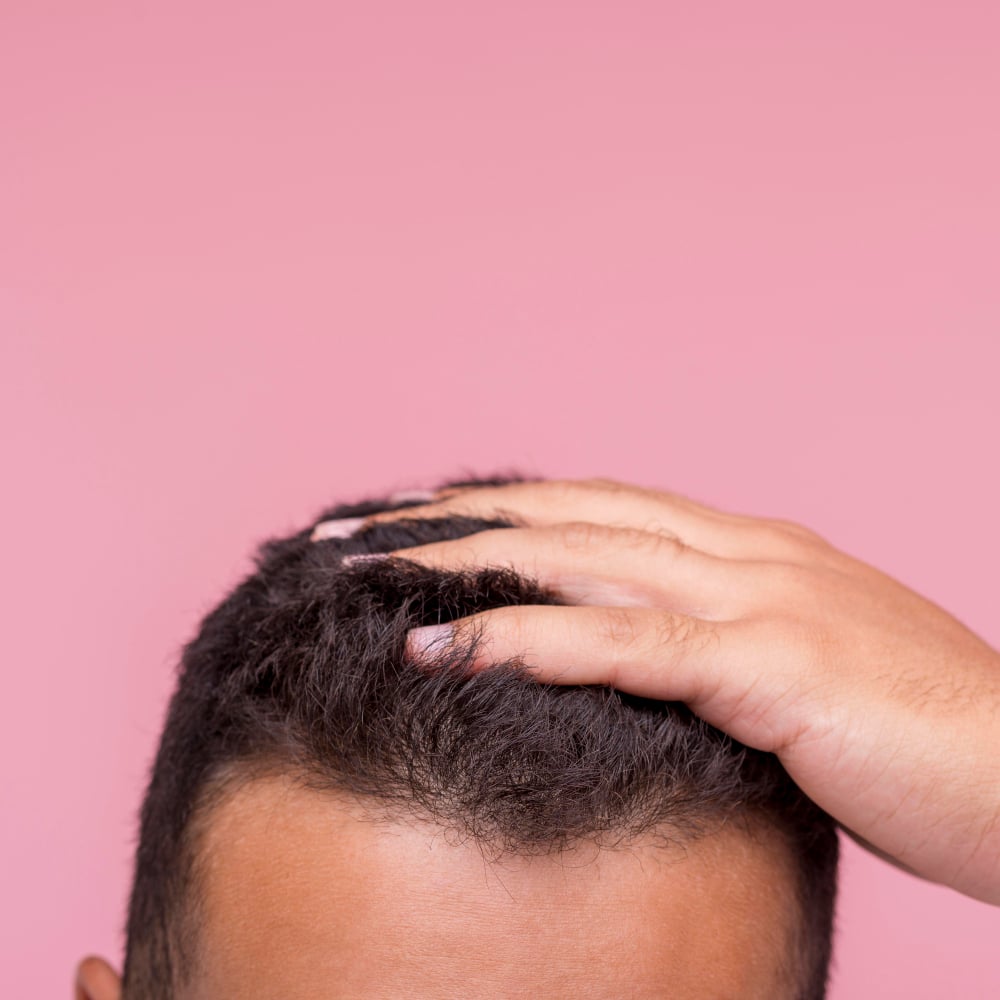A hair transplant, also called hair restoration surgery, has been around since the 1950s and has continued to advance ever since. It is a surgical procedure that takes hair from the back and sides of the head where there is still plenty of hair, known as donor’s hair, and transplants it into areas where you are struggling with hair loss.

Things To Know Before Getting Hair Transplant
This procedure has been used for people who have male pattern baldness (androgenetic alopecia), burn survivors, cancer patients, and people who suffer from stable alopecia areata.
Getting a good doctor is your first priority
This is the most important thing you need to take care of before going for a hair transplant. The quality and experience of your doctor will determine the success of your surgery as well as the aftercare you’ll receive.
Before making any decisions, do thorough research to find out the best hair restoration surgeon in your area. The folks at Sure Hair International’s hair transplant clinic can guide you to a good doctor in your area.
The cost of a hair transplant varies from person to person and also depends on various other factors such as the quality of the hospital, surgeons’ experience, etc. It is important to check whether or not the clinic has all the modern amenities and follow-up care should be taken.
Hair Transplant Surgery
The first step of the procedure is designing a personalized hair transplant surgery plan by your surgeon. This will include determining where you would like to see the most regrowth, the number of grafts needed for this area, and how many sessions it will take to complete the transplant.
It is important to note that most surgeons require a physical examination prior to beginning any sort of hair restoration procedure. This ensures that your body can handle the rigors of surgery, and it also allows you and your surgeon to discuss realistic expectations for results.
How The Surgery Works
The surgery is performed by inserting small individual hair follicles into tiny incisions in the scalp, and some surgeons may use a machine called a “microscope” that magnifies the area while performing the transplant.
This procedure works best for people who have thinning or balding areas of their scalp, but it can be used to diminish the appearance of scars or for other cosmetic reasons.
During the surgery, special instruments are used to remove small sections of tissue containing one to several hairs from areas on the scalp where there is healthy hair growth. Next, these grafts are implanted into tiny recipient sites in balding or thinning portions of the scalp. Once the grafts are in place, the surgeon will stitch up the tiny incisions.
After The Surgery Is Complete
One of the most important factors to consider after a hair transplant surgery is how to keep your head and scalp clean and protected so that you do not experience any sort of side effects. Because there is exposed donor hair on your head, you must keep it clean and dry, so be sure to follow your surgeon’s instructions accordingly.
The recovery process is not very painful and most people can return to their normal work and daily activities within a few days. However, for the first 7-10 days after surgery, your head will likely feel tender and bandages may be necessary for protection.
The Benefits Of Hair Transplant Surgery
Once the hair transplant surgery is complete, many people will notice a regrowth of their hair and eyebrows within four to six months, although it could take several weeks for you to see results from the transplanted donor hair. Once your body adjusts to the new growth, you should have long-term and permanent results and regrowth.
Hair transplant surgery can also help improve the quality of your life, giving you more confidence during daily activities and allowing you to face the world with a fresh perspective. In addition, hair restoration surgery is usually covered by medical insurance in most cases when the surgery is performed for medical reasons such as alopecia areata or cancer treatments
Medications That Will Aid The Recovery Process
After the surgery, your surgeon will prescribe a course of antibiotics to reduce the risk of infection and inflammation, along with a mild painkiller if necessary. Since there is a significant amount of blood loss during hair transplantation, patients are asked to rest for at least one week after surgery. During this time, smoking should be avoided because it can slow down the healing process.
Do not wash your hair for at least a week after the surgery, and instead, use a clean towel to pat it dry. It is also important to avoid any strenuous activities such as sport or exercise because they may increase the risk of blood clots. High-quality protein and iron-rich foods are recommended to ensure that the body gets sufficient essential vitamins and minerals after surgery, but dairy products are discouraged because they can increase blood loss.
Hair transplant surgery is a safe and effective treatment option for people who are experiencing thinning hair or balding, according to the American Hair Loss Association.
